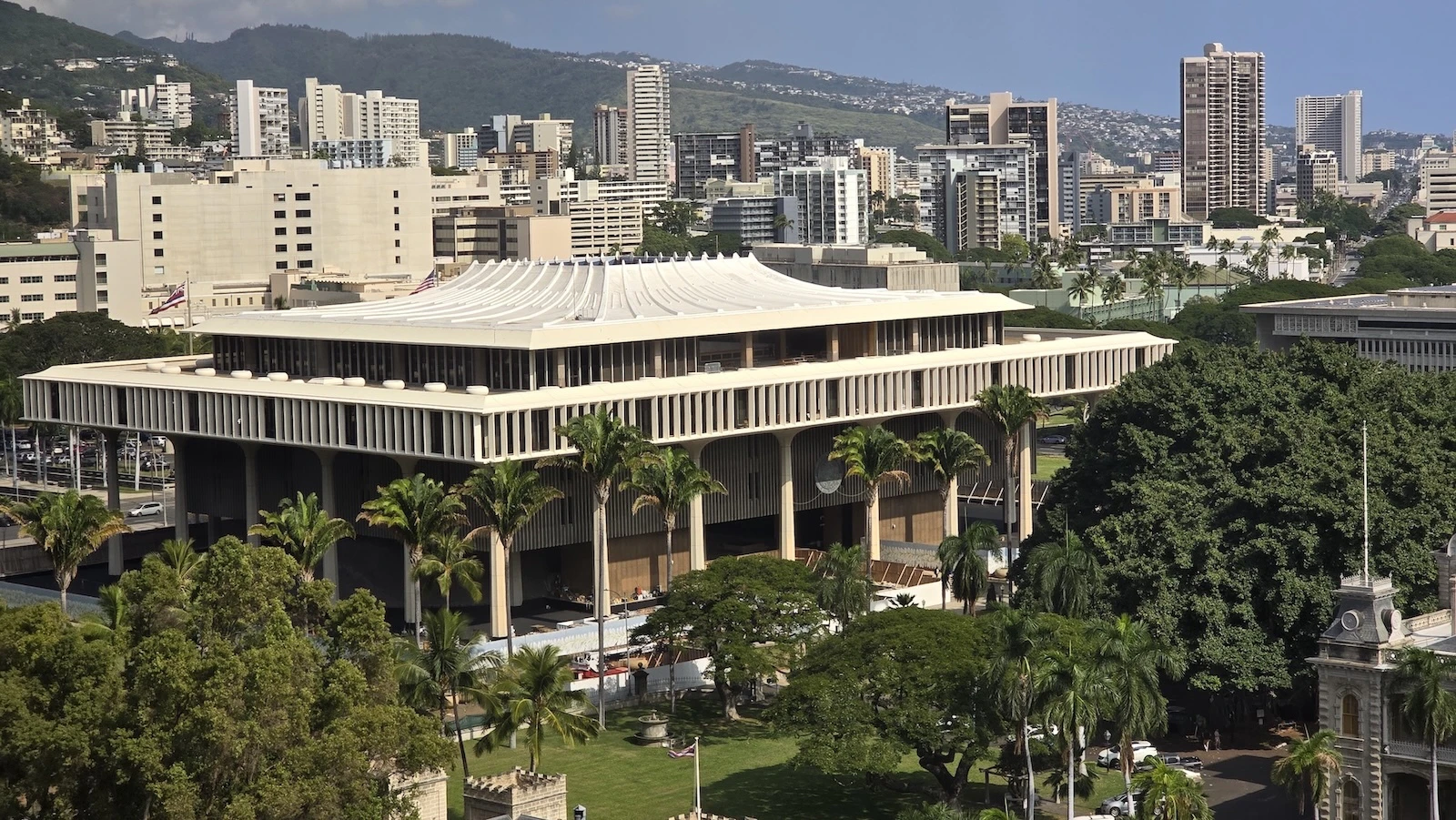We continue our wrap-up of the 2025 Legislature by examining a report issued by the Office of the Auditor that should have gotten more attention, if not from the general public, at least from the legislators.
Current law (in HRS section 23-11) requires the Office of the Auditor to analyze each special fund proposed in legislation against the criteria in HRS section 37-52.3 that apply to special funds.
This year, the Auditor’s findings are in Report No. 25-05. The report analyzed 82 special and revolving funds proposed in 127 Senate and House Bills. The criteria are that the proposed funds serve a need in a way that cannot be achieved effectively through the general fund appropriation process, and that there is a clear connection between the funding mechanism for the funds and the benefits to their users (such as when admission fees are charged for entry to a park and those fees are then used for park upkeep).
There are many reasons that we care about funds not meeting criteria. Money in special funds typically is not subject to the same degree of legislative oversight as are appropriations from the general fund. General fund appropriations lapse after a while, so unspent money can be used for other things; but special funds do not lapse. And, as we have been saying for many years now, special funds distort the State’s financial picture by hiding the revenues going into, and expenses from, the funds.
We have thousands of special funds. Some are created by law. Others are created administratively. Agencies are supposed to report on the special funds they control, but let’s just say they don’t always do that.
Both legislators and agencies sometimes ignore testimony criticizing a proposed special fund for not meeting criteria. Sometimes the testimony comes from us at the Tax Foundation. Sometimes the testimony comes from the Department of Budget and Finance. But should this testimony be so easily disregarded? Article VII, section 5 of the Constitution of Hawaii states, “Provision for the control of the rate of expenditures of appropriated state moneys, and for the reduction of such expenditures under prescribed conditions, shall be made by law.”
Because that section also provides that no public money is to be spent except as provided in appropriations made by law, and special funds exist because money was appropriated to them, or appropriated to an agency which then moved them into an administratively created special fund, the statutory criteria established for special funds appears to be provisions “for the control…of appropriated state moneys” and thus may have constitutional significance.
So, getting back to our Auditor’s Report, out of the 86 special and revolving funds reviewed, not one of them met the statutory criteria according to the report. Zero of the 86 proposed funds passed muster.
Clearly, our legislators either don’t know or don’t care about the criteria. And the fact that committee chairs are passing out bills with special funds that don’t meet criteria, even in the face of testimony bringing the criteria to their attention, suggests that some legislators don’t care rather than don’t know.
Ironically, one of the bills that made it all the way through the Legislature this year is Senate Bill 326, which adds particulars to statutory criteria in HRS section 37-52.4 for revolving funds. The Foundation, in a fit of cynicism, testified that passage of the bill would be a waste of effort because legislators routinely ignore the criteria anyway.
But maybe not. Maybe these criteria do have constitutional significance, as we stated earlier, so legislators ignore them at their peril. We shall see.
Tom Yamachika is president of the Tax Foundation of Hawaiʻi. Reprinted with permission.





